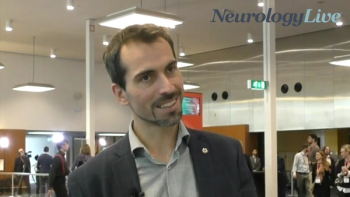
The professor of neurology and biostatistician at the University of Melbourne and Royal Melbourne Hospital spoke about his oral presentation from the 38th ECTRIMS Congress. [WATCH TIME: 5 minutes]

The professor of neurology and biostatistician at the University of Melbourne and Royal Melbourne Hospital spoke about his oral presentation from the 38th ECTRIMS Congress. [WATCH TIME: 5 minutes]

Among those on early highly-effective treatments, shorter disease duration and shorter time between first treatment and current treatment led to more patients achieving no evidence of disease activity.
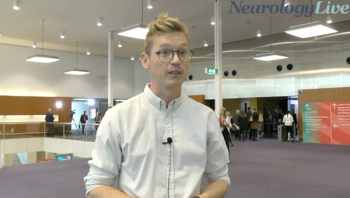
The PhD student at Aarhus University provided insight on his study presented at 2022 ECTRIMS Congress on an innovative way using neuromuscular measures to discriminate those with MS at high risk for falls. [WATCH TIME: 2 minutes]

Two weeks after natalizumab infusion, patients demonstrated significantly less central fatigue, with a trend for a reduction in supraspinal fatigue, among other notable findings.
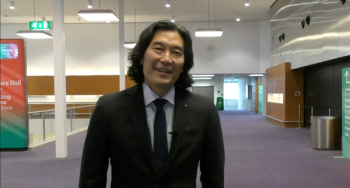
The director of Neuroinnovation and Multiple Sclerosis & Neuroimmunology Imaging Program at UT Southwestern Medical Center shared his perspective on data suggesting that DMT can benefit patients with radiologically isolated syndrome. [WATCH TIME: 3 minutes]
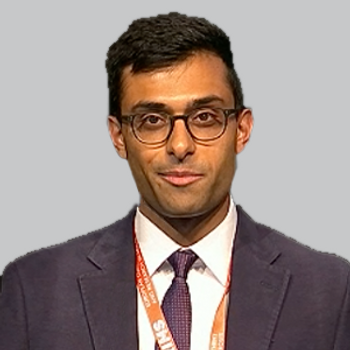
In a late-breaking presentation in ECTRIMS, data from the MSBase international registry was suggestive of higher disability accumulation risk compared with those who did not experience relapse, in both treated and untreated patients with MS.

Using a prespecified noninferiority margin of 0.2 rate ratio, rituximab failed to distinguish itself from ocrelizumab on the primary end point of annualized relapse rate.

Presented as an oral late breaker by Tomas Kalincik, MD, PhD, autologous hematopoietic stem cell transplantation was not superior to natalizumab in the reduction of disability progression in patients with progressive MS.

In the first of its kind ARISE study, treatment with dimethyl fumarate resulted in more than 80% reduction in risk of first demyelinating event relative to placebo.
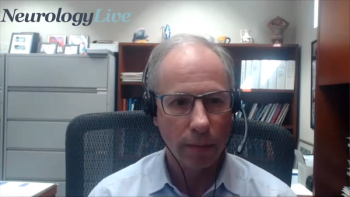
The neurologist in the Mellen Center for Multiple Sclerosis Treatment and Research at Cleveland Clinic, shares more on his late breaker presentation from the 38th ECTRIMS conference. [WATCH TIME: 4 minutes]
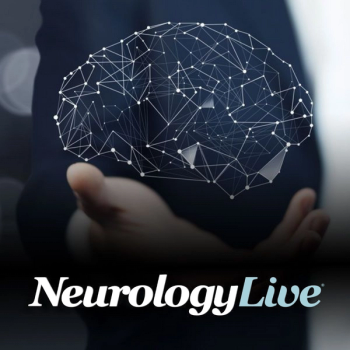
After preliminary data suggested that humoral response may be delayed among those vaccinated against COVID-19 treated with ocrelizumab, new data from the ECTRIMS Congress suggest a third booster dose can revive such response safely.

Data from the CLARIFY-MS study showed significant improvements in Multiple Sclerosis Quality of Life-54 physical and mental composite scores, with consistent safety and tolerability among patients with MS.
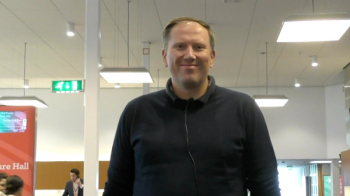
The professor of public health and sports science at Aarhus University shared his perspective on the potential to modify multiple sclerosis disease progression with lifestyle interventions. [WATCH TIME: 2 minutes]

Dose-dependent reductions in neurofilament light were observed at week 144 in both those who continued treatment from the double-blind period and those who switched from placebo.

The senior consultant for the department of neurology at the National Neuroscience Institute shared more details about his presentation that he gave at the 38th ECTRIMS Congress. [WATCH TIME: 6 minutes]

Using a cohort of more than 2000 pregnancies, the data showed an extremely rare number of major congenital anomalies while on ocrelizumab, as most patients underwent live birth with no issue.

The senior consultant for the department of neurology at the National Neuroscience Institute discussed his thoughts on improvements in the MS field in relation to this year's ECTRIMS conference. [WATCH TIME: 4 minutes]

Using phenotypically “extreme” MS groups, annualized brain volume loss was higher in progressors vs non-progressors and was predicted by baseline GFAP and NfL levels.

In a small real-world cohort, annualized relapse rates were reduced for patients with multiple sclerosis who switched to cladribine (Mavenclad; EMD Serono) from ocrelizumab (Ocrevus; Genentech), natalizumab (Tysabri; Biogen), and alemtuzumab (Lemtrada; Sanofi Genzyme).

The favorable annualized relapse rates for fingolimod over interferon beta-1a observed in the 2-year core phase continued in a 5-year open-label extension.
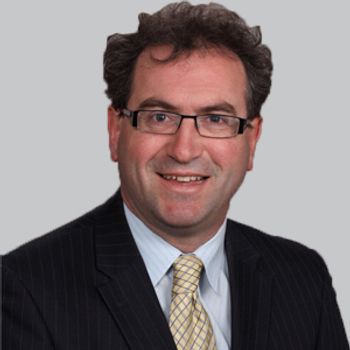
Over a median of 73.5 weeks of follow-up time, zero adjudicated relapses were observed for those with AQP4+ NMOSD on ravulizumab.

The senior consultant for the department of neurology at the National Neuroscience Institute shares what he looks forward to at this year's ECTRIMS conference. [WATCH TIME: 2 minutes]

Among 43 cycles that achieved pregnancy, investigators observed decreases of annualized relapse rates from 0.26 to 0.09.
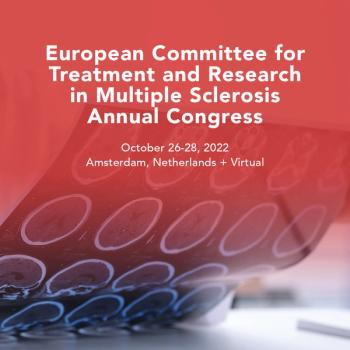
The 2022 Congress of the European Committee for Treatment and Research in Multiple Sclerosis will take place in Amsterdam, the Netherlands, from October 26 to 28, and is expected to feature almost 250 presenters.

Test your neurology knowledge with NeurologyLive®'s weekly quiz series, featuring questions on a variety of clinical and historical neurology topics. This week's topic is the history of the European Committee for Treatment and Research in Multiple Sclerosis.

The director of the Mellen Center for MS Treatment and Research at Cleveland Clinic discussed the possibility of using multiple DMTs to combat the effects of MS. [WATCH TIME: 3 minutes]

The professor of neurology at the NYU Grossman School of Medicine provided his thoughts on the most notable strides within the multiple sclerosis field in the past year. [WATCH TIME: 3 minutes]

The staff member at the Mellen Center for Multiple Sclerosis discussed reasons why patients may stop treatment, as well as strategies for maintaining communication with the healthcare team in the event of discontinuation. [WATCH TIME: 5 minutes]
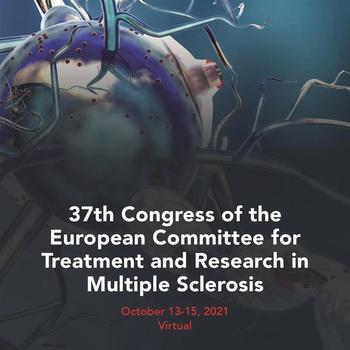
The NeurologyLive staff compiled highlights from our discussions with experts in one convenient location, following ECTRIMS 2021.
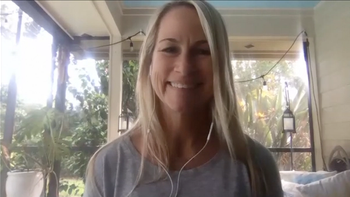
Discussing a 6-week, virtual program conducted over Zoom, the founder of First Coast Integrative Medicine, spoke on the use of telehealth and future research efforts for integrative medicine in MS. [WATCH TIME: 3 minutes]